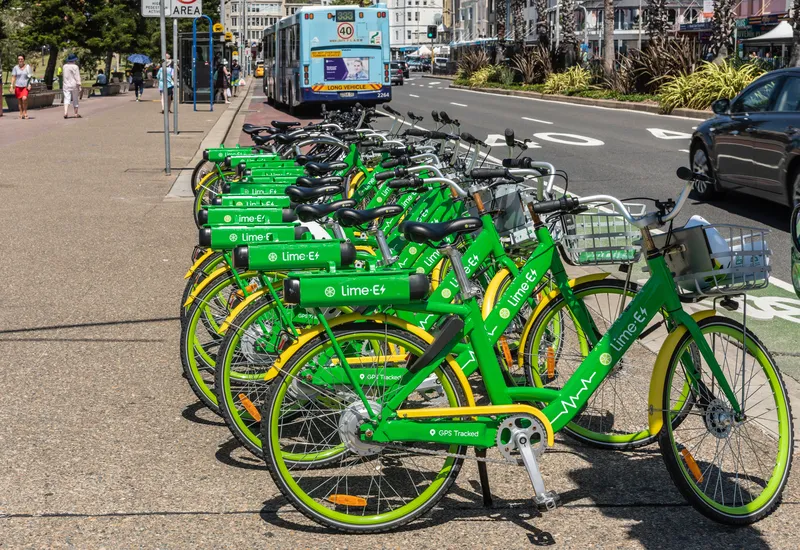The Transportation Research Board (TRB) 102nd Annual Meeting is being held January 8–12, 2023 in Washington, D.C. Registration and Housing are now open.
Expected to attract thousands of transportation professionals from around the world, the meeting program covers all transportation modes, with sessions and workshops addressing topics of interest to policy makers, administrators, practitioners, researchers, and representatives of government, industry, and academic institutions.
A number of sessions and workshops focus on the spotlight theme for the 2023 meeting: Rejuvenation Out of Disruption: Envisioning a Transportation System for a Dynamic Future.
The full 2023 program, including details on all sessions and workshops, is available now via the Online Program. Workshops take place on the first and last day of the meeting.










